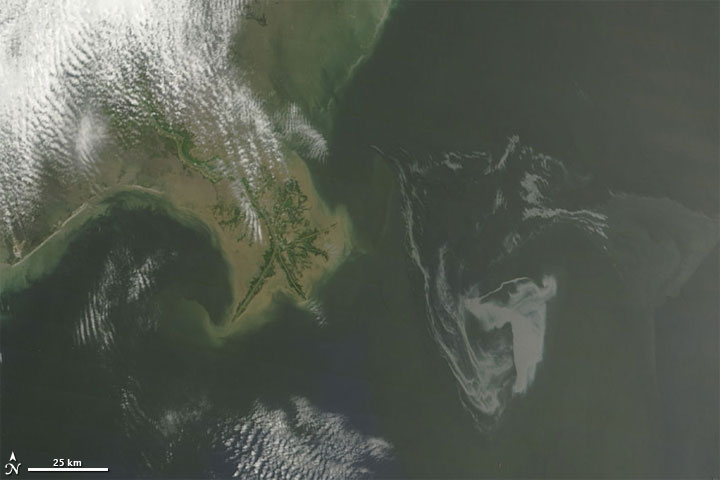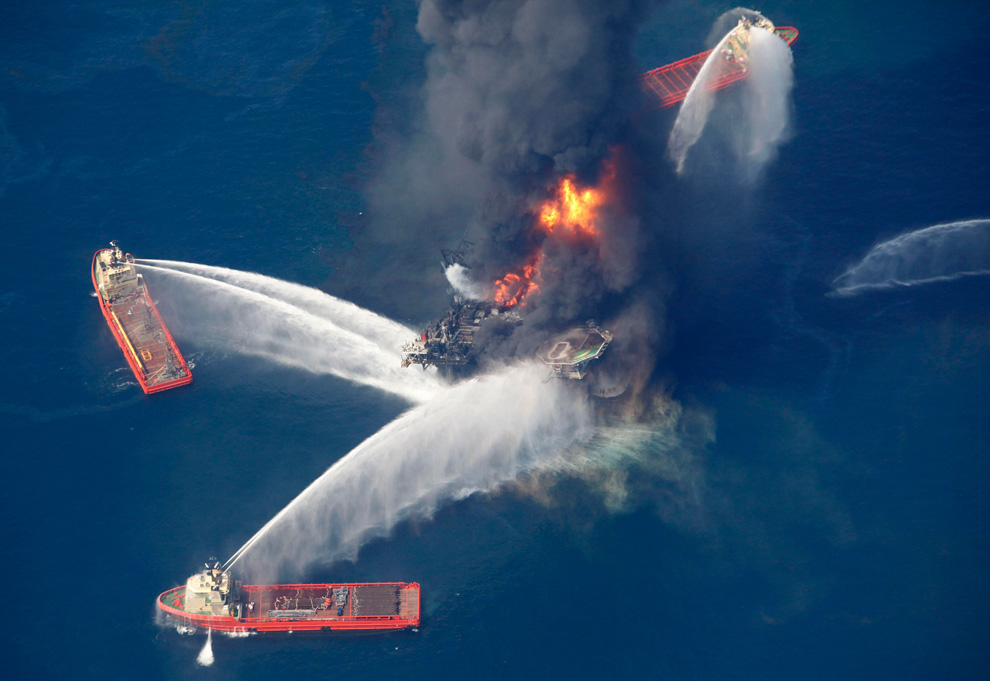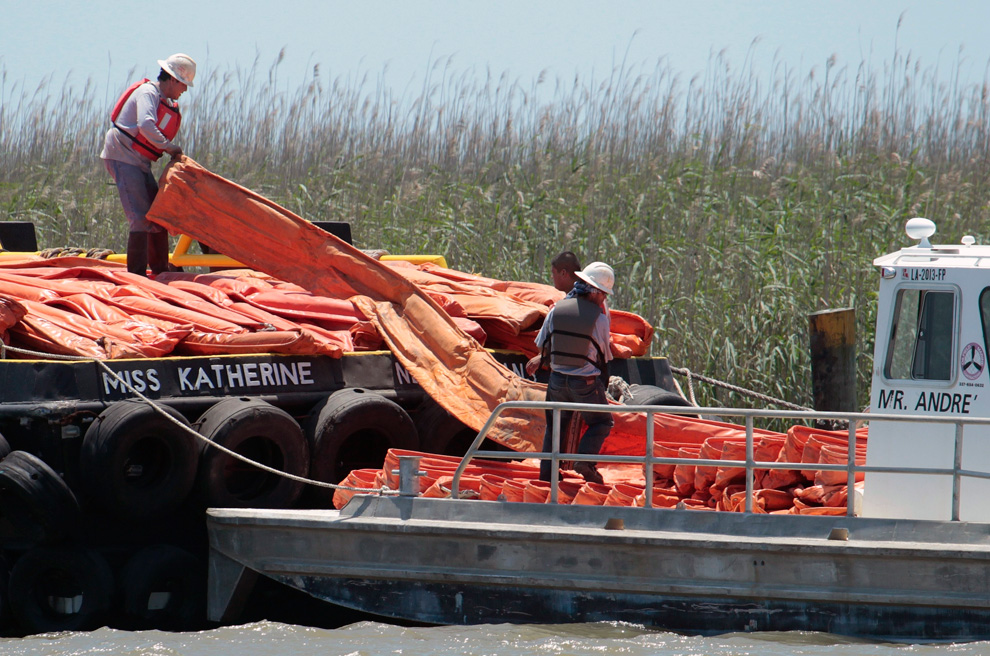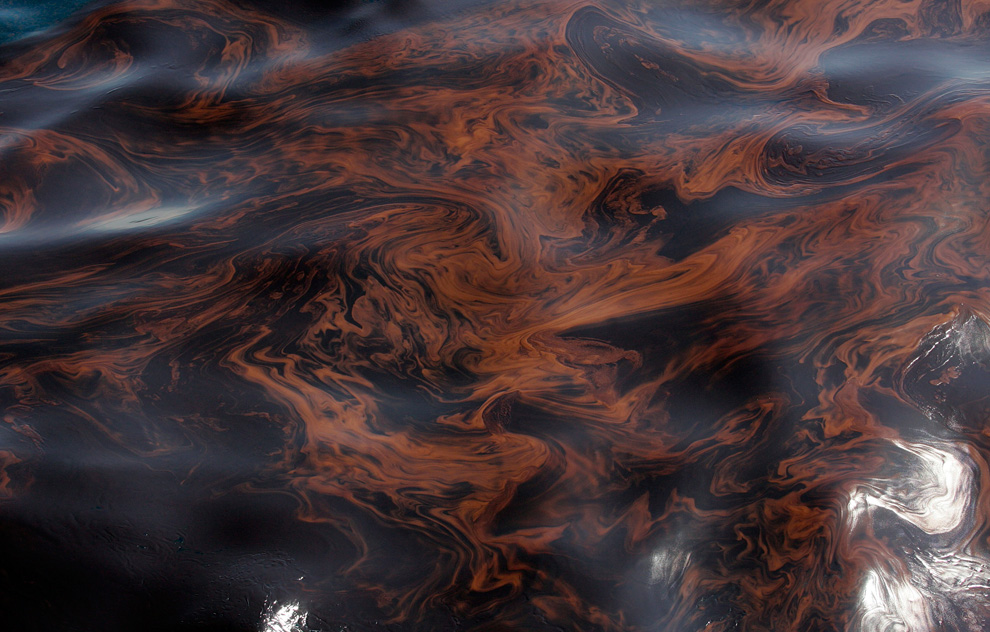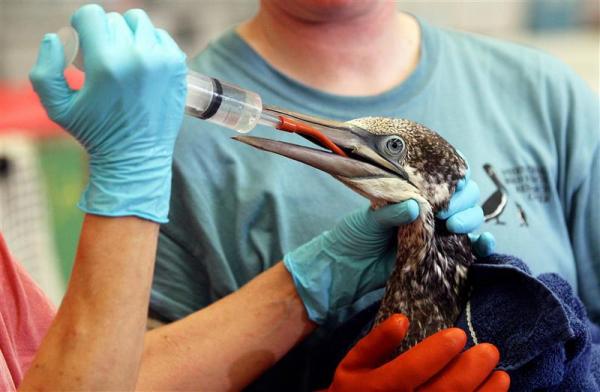There have been a number of headlines about the harmful chemicals we are exposed to and their possible harmful consequences to our health. None of this is new, but if it gets more people thinking about the issue, then all the better…
The President’s Cancer Panel Releases Report Linking Toxic Chemicals To Cancer
Honestly, I thought that it was slightly ridiculous that this is considered groundbreaking. Are there really people who question the potential carcinogenic effects of toxic chemicals? Then I realized just how mainstream the three doctors are that make up the Panel (they were even appointed by George W. Bush). This makes their call to strengthen the regulation of chemicals truly groundbreaking.
So why is this report important and what are we going to do about it?
It’s important because this can begin a change in the way our country looks at chemicals, looks at cancer, and finally decides to make change happen.
Did you know that of the 80,000 chemicals used commercially in the U.S., only 200 have been assessed for safety? And then we wonder why the rates of certain cancers are rising, particularly in occupational settings, and particularly in children.
We know that children are more vulnerable to toxins due to their small size, their immature metabolic systems, and spending more time on the floor and tendency to put things in their mouths. We also know that babies are born with carcinogens and other toxic chemicals in their umbilical cord blood. If you haven’t seen EWG’s 10 Americans video, do it now. Having a highly publicized, mainstream report emphasize the importance of safe chemicals for our children is a great step forward.
Cancer is the second leading cause of deaths of Americans. It is the number one cause of death worldwide and deaths are predicted to continue rising. The majority of cancer is still known to be caused by smoking and diet, but the number caused by environmental exposures is both “grossly underestimated” and rising. Yes, we need to focus on lifestyle changes to reduce our risk of cancer from smoking, alcohol use, diet, and lack of physical activity, but so, too, we need to focus on the web of environmental toxins we are allowing to cause harm to our health.
As consumers we need to either start or continue to educate ourselves and use the power of the dollar to show what we want, what we expect, and what we demand, to keep our families healthy. We can fight for better, safer chemical reform.
Want to read more? Check out these articles:
NY Times Op-Ed by Nicholas D. Kristof
The Washington Post article by Lyndsey Layton
USA Today article by Liz Szabo
EWG News Release
New Study on Bisphenol-A in Canned Foods
One of those chemicals mentioned by the President’s Cancer Panel? Bisphenol-A (BPA).
A new study was just released showing that 46 out of 50 cans tested had traces of BPA, which leaches into the food we eat, at levels shown to cause health problems. Once again, this isn’t really news for many of us.
One might argue that BPA has been lining cans for a very long time. However, that does not change the fact that even in low doses BPA is an endocrine disruptor (hormone disruptor). It also doesn’t change the fact that low levels of exposure can and do add up, particularly for our vulnerable population of pregnant women, babies, and children. We are living in a time where we are increasingly exposed to BPA through lifestyle choices (isn’t it easier to buy canned beans then to buy dry?) without even realizing it.
What’s the take away message here?
Educate yourself on where you might find BPA and do what you can to avoid it as much as possible. The CDC has found BPA in 92% of Americans over the age of 5 so we aren’t likely to be able to completely avoid it at this time, but we owe it our children to reduce their exposure as much as humanly possible.
Are you asking yourself yet, if so many Americans are exposed to potentially harmful levels of BPA, why aren’t we seeing the obvious effects? My answer is, we are… but they aren’t always so obvious. Do you know anyone who suffers from asthma, heart disease, type 2 diabetes, testicular or breast cancer, endometriosis, infertility, early onset puberty, or other reproductive problems? Yep, these and more, can be cause by endocrine disruptors like BPA.
We can still fix this, we can still change this, it just takes time and effort. Do you have any to spare?
EWG Report on Secret Chemicals in Perfume
A new report from the Environmental Working Group (EWG) found that 38 secret chemicals were found in 17 popular perfumes, with an average of 14 per perfume. While marketing their scents using fun adjectives like “floral,” “exotic,” or “woodsy,” the makers of these perfumes actually use “a complex cocktail of natural essences and synthetic chemicals – often petrochemicals.”
What does this mean?
It means that most consumers are really aware that the fragrances they use on their bodies contain several chemicals associated with hormone disruption (see above), allergic responses (including photoallergenic), as well as some that have not been assessed for safety in personal care products.
Concerned that your perfume is on the list of not-as-safe-as-you-might-have-thought perfumes? You are probably right. Consider ditching the commercial perfumes because you can never be sure what is in your “fragrance” due to a loophole in the Federal Fair Packaging and Labeling Act of 1973 which exempts fragrance.
Want to read more?
Excerpt from “Not So Sexy: Hidden Chemicals in Perfume and Cologne”
Full Report, “Not So Sexy: Hidden Chemicals in Perfume and Cologne”
“Alternatives to Toxic Perfume” from LovelyMama
Pesticides Linked To ADHD
A new study, published in the journal Pediatrics, just came out that found a direct connection between the exposure to the pesticide most commonly used in growing conventional fruits and vegetables in the U.S. called organophosphate pesticides, at levels commonly found in children, to ADHD. And for children with higher than average levels? A near double risk for ADHD. Children with high levels have a 93% greater chance than kids with undetectable markers.
This is insane. If you didn’t think supporting organic farming was important before, I hope this helps change your mind now. I just, personally, don’t see a downside to supporting local, organic produce. Except for, perhaps, the cost.
The take home message?
Organic food does cost more money, but it is a clear investment in our children’s health.
Want to buy more organic produce, but can’t afford it all? Check out this handy shopper’s guide from the EWG with list of the dirty dozen – those foods with the highest pesticide load.
***
How do you feel about what has been in the news lately?
What is our responsibility to our children?

